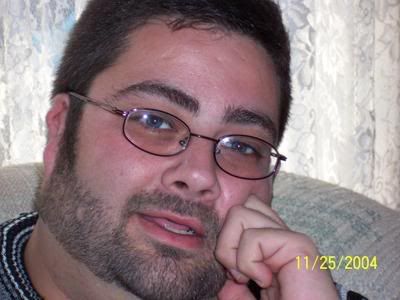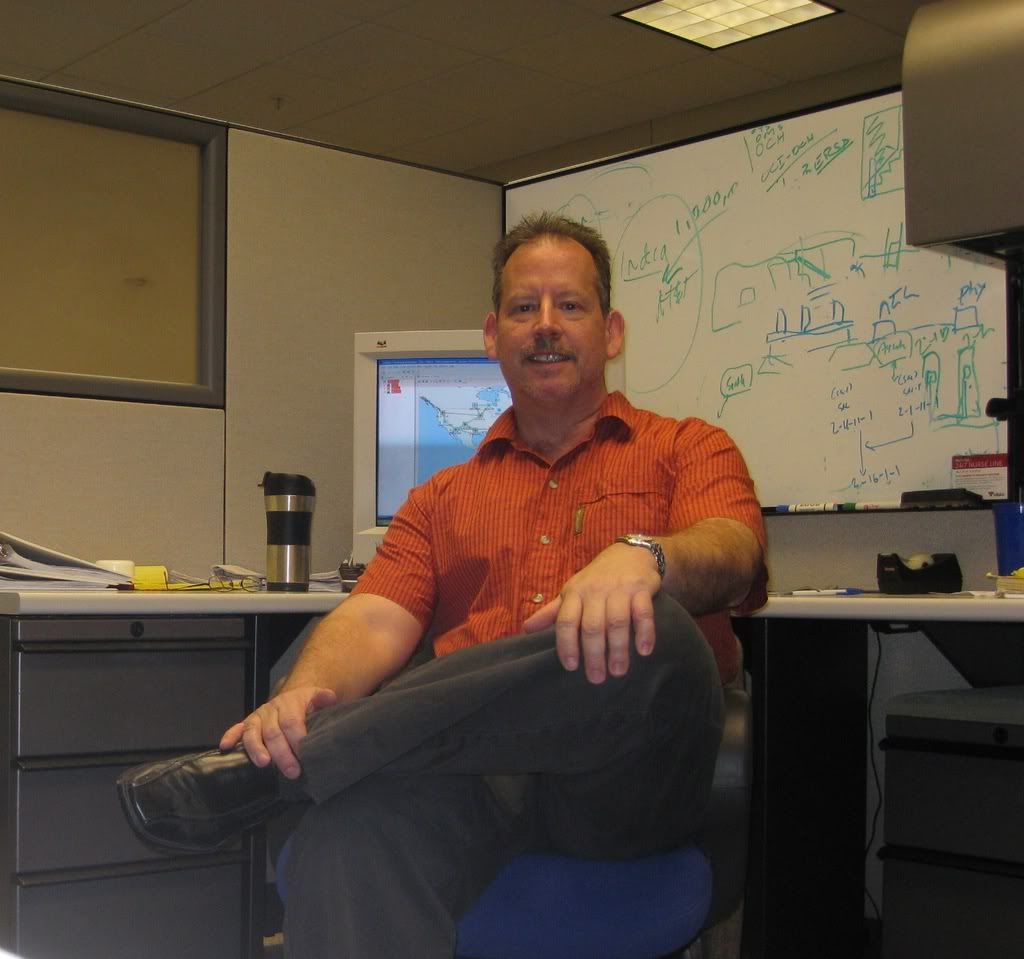 Bryen M. Yunashko is known as Yuko to his friends. For the last nine years, Bryen has been self-employed as a consultant in the IT field, specializing in open source software, especially Linux. “I focus on server set ups, file systems, email management, and desktop management,” Bryen explained. “At any given time, day or night, I could be discussing a project with developers in China, Europe, India, the U.S., anywhere.”
Bryen M. Yunashko is known as Yuko to his friends. For the last nine years, Bryen has been self-employed as a consultant in the IT field, specializing in open source software, especially Linux. “I focus on server set ups, file systems, email management, and desktop management,” Bryen explained. “At any given time, day or night, I could be discussing a project with developers in China, Europe, India, the U.S., anywhere.”
Bryen was recently elected to the openSUSE Community Board and is probably the first ever Deaf-Blind member of a Linux-based board. “I started using Linux some years ago after I got frustrated with some of the restrictions and limitations I faced on Windows. I also ran for board because I wanted to ensure that accessibility users also have a strong voice in the open source world.”
Bryen is actively involved in working with developers and packagers in making sure that all Linux-based software is accessible for people with disabilities. “I’m an active member and leader of the GNOME A11y Team,” Bryen said. “GNOME is a desktop environment in Linux and ‘A11y’ (A plus 11 letters plus y spells accessibility) stands for accessibility in computing. By getting into A11y, I’m taking charge of my own destiny. I want to be able to be sure I can continue to work with computers as long as I live.”
As a child, Bryen attended the St. John School for the Deaf until it was closed in 1983 and then transferred to a high school in Evanston. “Roycemore was a challenge for me,” said Bryen. “After eight years living at St John’s, this was a complete life change and culture shock for me at a young age. Not only was it more challenging in school, but the sudden loss of my Deaf family due to the closing was traumatic for me.”
Bryen was diagnosed with Usher’s Syndrome Type II in his mid-twenties. He has some central vision that allows him to view a computer screen, but no peripheral vision. During our interview, I asked Bryen, “What do you use to access the internet?”
“I use a computer!” he joked.
Ah, I walked right into that one.
“I use a large screen, 24-inch monitor and Linux is good about having built-in accessibility so I can resize what I need properly,” he explained.
Bryen entered college at the young age of sixteen, attending Gallaudet and California State University at Norridge. After college, he became involved with the Deaf Entertainment industry in Los Angeles and then worked in Database Management for UCLA. He left college before obtaining his degree, but hasn’t ruled out the possibility of pursuing formal education again. “There’s always continuing education, especially in the IT field. It is a never-ending challenge.”
What did your parents do right, when they were raising you? I asked Bryen.
“What a loaded question,” he said, with a smile. “I think the two things that stand out is that my parents always tried to ensure I had the best education possible, and my father, even at a young age, always engaged me in conversation about current events. I’ve had a love and appreciation for that ever since.”
Bryen has some advice to share with deaf and hard of hearing students who are considering career choices:
Keep your options open. Don’t focus so hard on just one career goal. Make sure you have diverse knowledge and awareness in multiple fields. The career of your choice today may not exist tomorrow and being well-rounded is key to sustaining yourself in the long run.
More about Bryen:
Bryen Yunashko’s Professional Website
